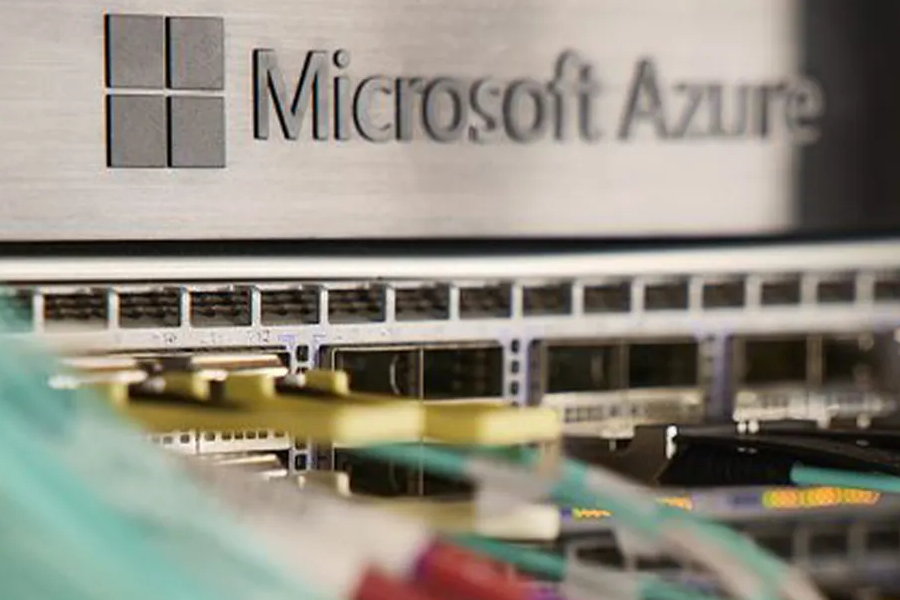Stegra has entered into two agreements with Microsoft. One is for the supply of steel with near-zero emissions to be used in Microsoft’s data centers. In addition to the agreement for physical green steel, the companies have also entered into an agreement for the purchase of environmental attribute certificates tied to production from Stegra’s manufacturing facility in Boden, Sweden.
After investing in Stegra in 2023 through its Climate Innovation Fund, Microsoft is also entering into a supply agreement for near-zero emission steel, as well as an agreement for environmental attribute certificates (EACs). These agreements align with Microsoft’s focus on building markets for low-carbon construction materials, which in turn supports the company’s ambition to become carbon negative by 2030.
The supply agreement will see Stegra deliver steel with up to 95% lower emissions than conventional steelmaking, from its flagship plant under construction in Boden, to be used by Microsoft’s data center equipment suppliers.
“Sustainable change calls for unconventional partnerships. We are now teaming up with a market leader in Microsoft, to demonstrate how we can work together to accelerate change in the steel industry,” said Henrik Henriksson, CEO at Stegra
“Integrating near-zero emission steel into our data center construction is a critical advancement in reducing embodied carbon at scale,” said Jennifer Weitzel, corporate vice president of engineering, construction and procurement, Microsoft. “This collaboration with Stegra enables us to decarbonize our infrastructure, while maintaining the performance and reliability standards required for hyperscale environments.”
Microsoft is not a direct buyer of materials such as steel. It will work with its suppliers to receive the coils from Stegra and process the green steel into components designated for use by Microsoft’s data center equipment suppliers.
In addition to the agreement that covers physical steel, Stegra and Microsoft have also signed an agreement for environmental attribute certificates. This is a model that Microsoft has worked with in other industries, like aviation fuels and cement but this is the first time it is being implemented in the steel industry.
“The end game is to source physical materials with the lowest possible CO₂ footprint. Achieving this requires greater volumes of low-carbon steel available in more regions,” said Melanie Nakagawa, chief sustainability officer, Microsoft. “But when physical delivery is not yet feasible, signing agreements for environmental attribute certificates demonstrates that emissions reductions are possible in the value chain through credible market mechanisms. Moreover, through tools like this, we aim to signal demand, enable project financing, and accelerate global production.”
The physical steel is sold as conventional non-prime steel without a green premium, and to ensure there is no double counting of emission avoidance, the buyer of the physical steel will be obliged to commit to not make any green claims.
The green value is sold separately through the EACs. With these EACs, Microsoft can claim using the corresponding amount of steel with almost no emissions in its operations. The possibility to sell the green value separately via EACs will help drive further demand for sustainably produced products beyond where it today makes sense to deliver the physical product.
“Through the environmental attribute certificates, the green value can be sold to Microsoft, a player of a unique size that can really help move the needle in the right direction. It’s impressive that Microsoft has chosen to team up with Stegra and together put something completely new on the steel market that will incentivize bigger volumes and more locations for steel production with close to zero emissions,” said Henriksson.

